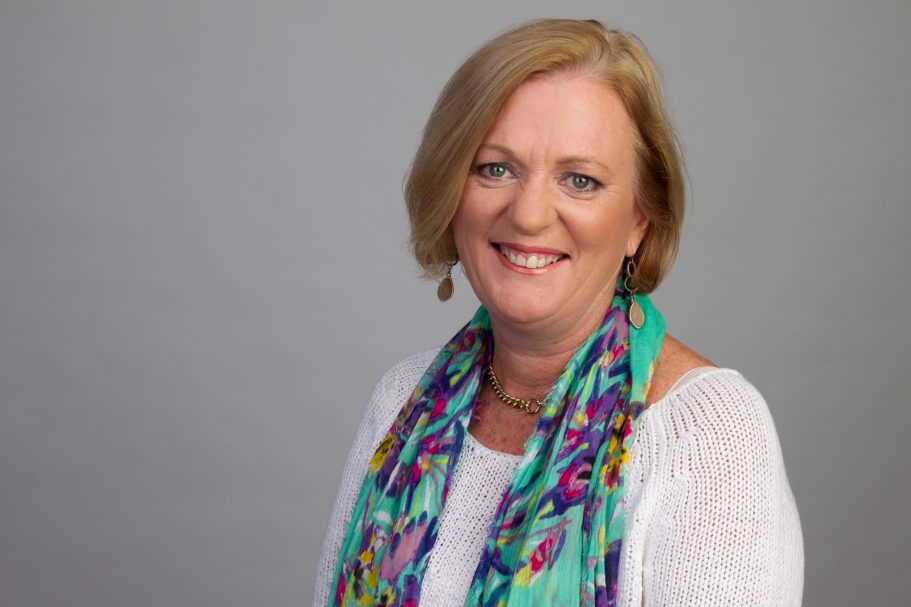
Personal Travel Managers Report Positive Signs for International Travel
Featured photo: Personal Travel Manager – Cathy Moir
Would-be travellers hoping to visit Europe during the upcoming northern hemisphere summer might be disappointed to realise they are facing a shortage of availability on flights during the traditional peak travel months of June to September. However, TravelManagers is confident of airlines increasing capacity and describes this latest challenge as a happy problem – the latest sign that Australia’s international travel market is on the road to recovery.
 TravelManagers’ Executive General Manager, Michael Gazal, says the home-based travel brand is experiencing a steady recovery from the impact of COVID-19 on travel in 2020 and 2021, with total sales for the January to April 2022 period sitting at just under half of the same period in 2019 (and an increase of 508 percent on the same period in 2021).
TravelManagers’ Executive General Manager, Michael Gazal, says the home-based travel brand is experiencing a steady recovery from the impact of COVID-19 on travel in 2020 and 2021, with total sales for the January to April 2022 period sitting at just under half of the same period in 2019 (and an increase of 508 percent on the same period in 2021).
“Most encouraging is our month-on-month improvement,” he adds, “with sales for April 2022sales sitting at just over 75 percent of April 2019. Although we are still only halfway through the month, sales for the first two week of May are at 89 percent of the equivalent two week in 2019.”
Gazal says there has been a shift in lead-times for travel, with approximately two-thirds of YTD sales being for travel pre-June. By contrast, at the same point in 2019, only 58 percent of sales were for pre-June travel.
“This means that this year’s 2022 pre-June departures are sitting at 71 percent of our 2019 pre-June departures: a significant recovery after two very quiet years for the industry,” he notes.
Although the recovery is currently being driven primarily by airfare sales – which he attributes to a pent-up demand for customers wanting to visit family and friends overseas – Gazal says there are clear indications that other sectors, including coach touring and cruise holidays, are also accelerating as consumer confidence picks up.
According to Gazal, TravelManagers is also experiencing a rise in insurance sales and service fees, with travellers having become more aware, in the wake of COVID, of the importance of having personal on-the-ground support and insurance cover.
“Many of our personal travel managers (PTMs) dedicated countless hours to processing changes, refunds and cancellations at the beginning of the pandemic, often without receiving any financial recognition for their efforts. Although they were happy to provide assistance wherever possible, it did result in increased realisation for PTMs that they needed to become comfortable with charging for their time and expertise.”
Gazal says PTMs received ongoing practical support and training from TravelManagers’ National Partnership (NPO) team throughout the pandemic, with regular virtual training
sessions that covered everything from upskilling on domestic travel to rationalising the concept of service fees.
“As a result of virtual training, sales in domestic holidays for January to April 2022 were up by 120 percent on the same period in 2019,” he reports. “What’s more, PTMs were ready to hit the ground running as the international travel market picked up pace, so that as well as experiencing solid growth in airfare and accommodation sales, insurance and service fees are up as a component of total travel sales by 56 and 44 percent respectively.”
For PTM Cathy Moir at Gymea Bay, the recovery is taking place at a pace she would not have predicted even six months ago.
“I’m actually struggling at times to keep up with the level of enquiry,” she smiles. “It’s a real mixture of destinations and holidays: people excited to finally see family after a long period of enforced absence, travellers in their twenties looking to resume delayed or curtailed overseas working holidays, and plenty of holiday makers who are looking for some winter sun in Fiji.”
“In all, it’s been a positive start to 2022, and whilst there may be some lingering uncertainty in some sections of the community, it would be accurate to describe the current mood as ‘increasingly optimistic’,” Gazal concludes.





